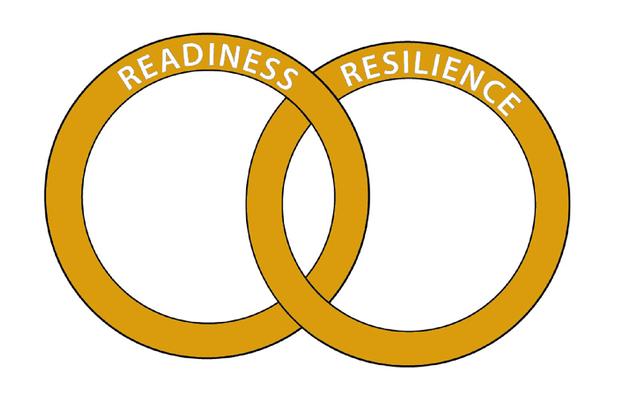RINGS is a Longitudinal Study
Among studies of military veterans, it is much more common to conduct “cross-sectional” studies comparing participants at only one time point. The RINGS Project uses a “longitudinal” design to help piece together a more accurate picture of the personal impact of military experiences. This means that RINGS employs multiple measurements of the same people over a span of several years. RINGS investigators use this data to map trajectories of personal wellbeing among veterans and their romantic partners. RINGS investigators Drs. Polusny and Erbes are established experts in using longitudinal research designs to tease apart the factors associated with resilience.
Self-report Surveys
The RINGS Project relies on participants’ self-reports on various questionnaires. Unlike a school exam, there are no correct or incorrect answers for these questions. People only have to choose the responses that are right for them.
Participants should set aside enough time (about 90 minutes) to complete all the survey questions in one sitting. Participants are encouraged to find a quiet place to complete the surveys where they will not be interrupted. Some of the questions ask about sensitive topic areas such as substance use or personal history. The success of the RINGS Project is dependent on people being comfortable sharing this information openly. All study data is kept confidential on computer servers with the same level of security employed by doctor’s offices. Furthermore, RINGS investigators only release summaries of their findings (e.g., scientific reports) and do not share anyone’s specific responses to the public.

